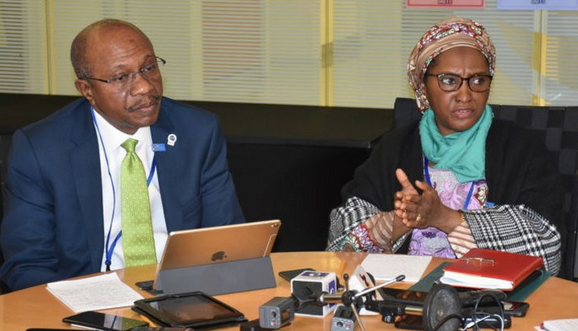There are no products in your shopping cart.
| 0 Items | £0.00 |


WORLD Bank officials have criticised the Nigerian government’s exchange rate management policies saying they are discouraging investments and fuelling inflation in the country.
Highlighting this in the November edition of its Nigeria Development Update, the World Bank pointed out that the Central Bank of Nigeria's (CBN) foreign exchange management system was too rigid, with the system driving inflation in the country. While highlighting the role of the CBN in exchange rate stability, the World Bank said there had been intense pressure on the naira, with the CBN constantly raising the nominal official exchange rate.
This report read in part: “The government’s exchange rate management policies continue to discourage investment and fuel inflation. Exchange rate stability is a key CBN policy objective and to preserve its external reserves the CBN continues to manage foreign exchange demand and limit the supply of foreign exchange to the market.
“Pressure on the naira remains intense and while the CBN has raised the nominal official exchange rate three times since the start of the pandemic. Foreign exchange management remains too rigid to respond to external shocks, while exchange-rate management has emerged as one of the key drivers of inflation.”
In addition, the report also said that CBN was yet to introduce enough flexibility into foreign exchange management to sustainably respond to external shocks. Furthermore, the World Bank advised that a more predictable, transparent and flexible foreign exchange management system was crucial to attract and sustain private investment flows.